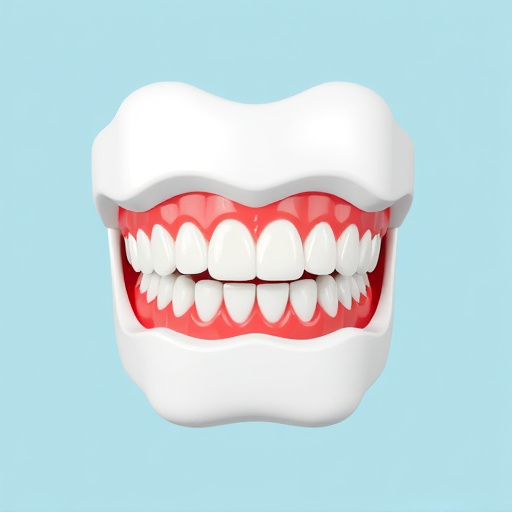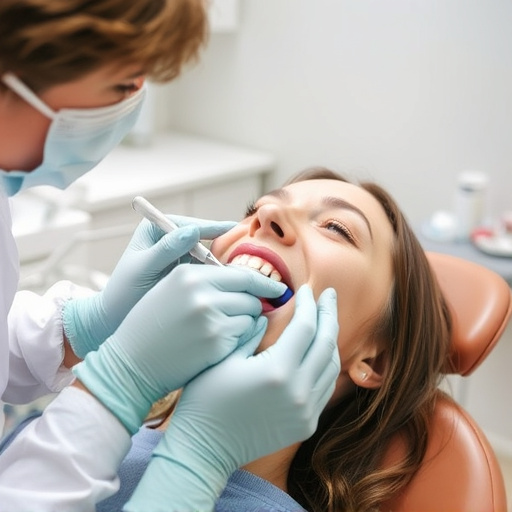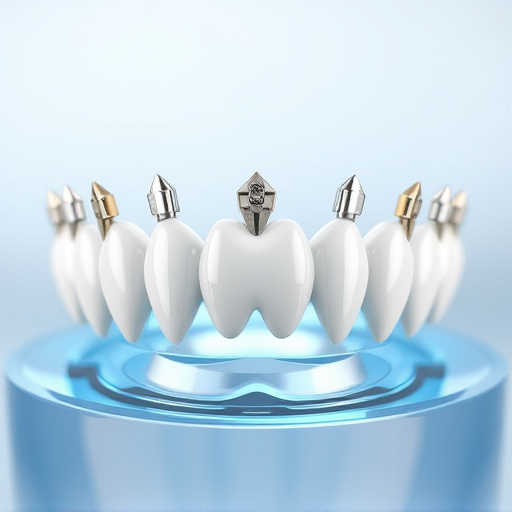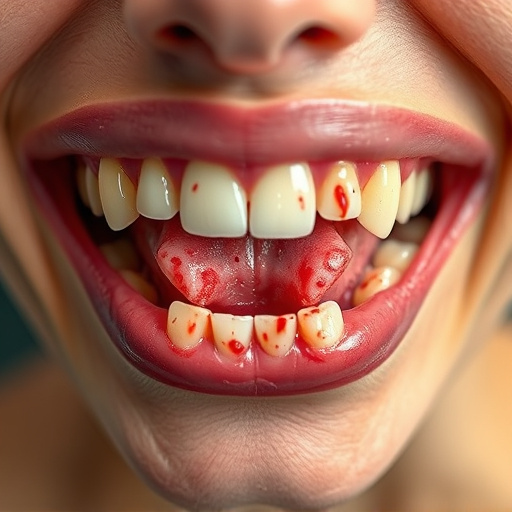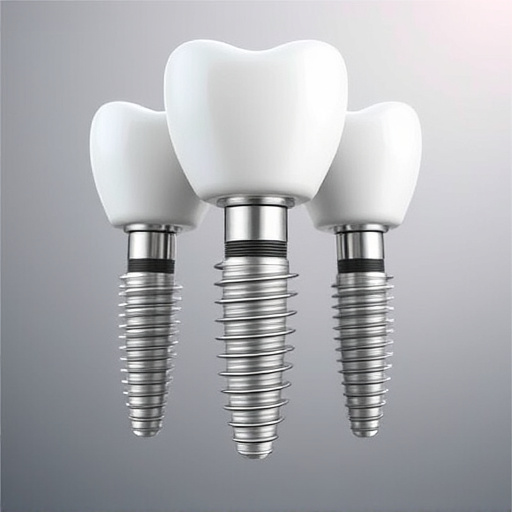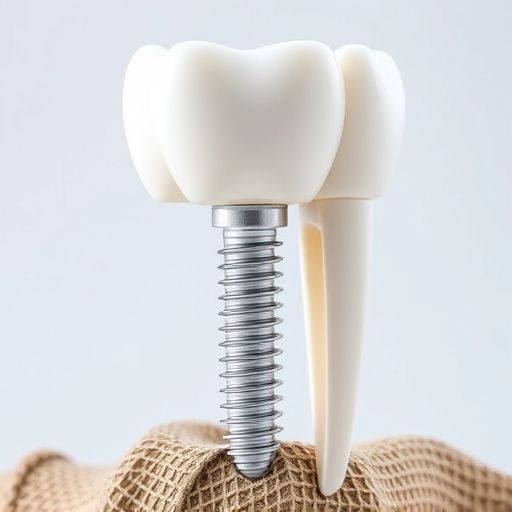Dry mouth, caused by reduced saliva, impacts oral health, leading to complications like tooth decay and gum disease. Common causes range from medications to medical conditions. Dry mouth solutions, including proper hydration, oral hygiene, specific mouthwash, and regular dental check-ups, are crucial for managing the condition and preventing long-term issues. Artificial salivary substitutes provide relief. Integrating these dry mouth solutions improves overall well-being alongside enhanced dental health.
Dry mouth isn’t just an inconvenience; it’s a common dental issue with various causes, from medications to certain health conditions. Understanding its symptoms and exploring effective dry mouth solutions is crucial for maintaining optimal oral health. This article delves into the science behind dry mouth, highlights the critical role of dry mouth solutions in preventive dental care, and provides practical tips for integrating relief measures into your daily routine.
- Understanding Dry Mouth: Causes and Symptoms
- The Role of Dry Mouth Solutions in Dental Care
- Integrating Dry Mouth Relief into Daily Routines
Understanding Dry Mouth: Causes and Symptoms
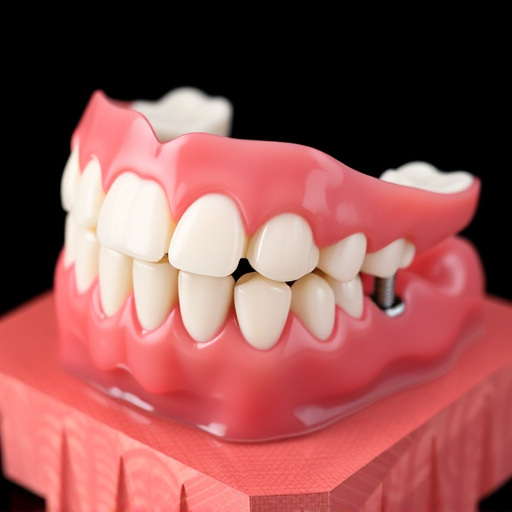
Dry mouth, or xerostomia, is a common condition that can significantly impact oral health. It occurs when the saliva glands produce less saliva than necessary, leading to various discomforts and potential dental issues. Understanding its causes is essential in seeking effective dry mouth solutions. The primary symptoms include a persistent dry feeling in the mouth, difficulty swallowing, and increased susceptibility to tooth decay and gum disease.
Several factors can contribute to dry mouth, including certain medications, such as antihistamines and blood pressure drugs, as well as medical conditions like diabetes and Sjögren’s syndrome. Even simple actions like breathing through the mouth or excessive alcohol consumption can lead to reduced saliva production. In some cases, procedures like clear aligners or wisdom tooth removal might temporarily disrupt saliva flow, emphasizing the need for proper oral care and regular dental check-ups to manage and prevent associated complications, including necessary tooth extractions.
The Role of Dry Mouth Solutions in Dental Care
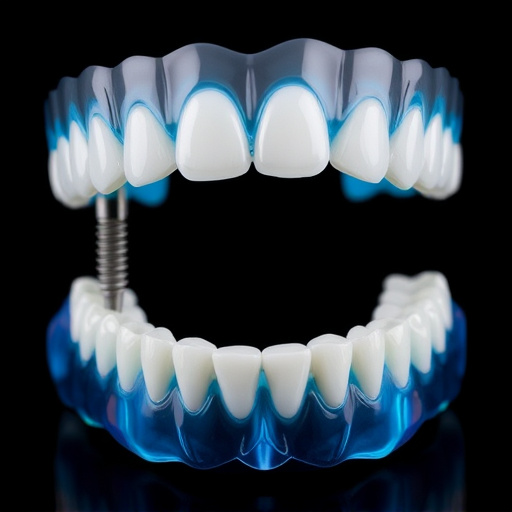
Dry mouth solutions play a significant role in modern dental care, addressing a common yet often overlooked issue—dry mouth syndrome. This condition, characterized by an inadequate flow of saliva, can lead to various oral health problems if left unaddressed. Incorporating dry mouth solutions into routine oral care regimens is essential for maintaining optimal dental health and preventing more severe complications.
Regular use of dry mouth solutions, such as artificial salivary substitutes, can help alleviate symptoms and provide relief for patients experiencing dry mouth due to various factors like certain medications, medical conditions, or even cosmetic dentistry procedures. Alongside these solutions, routine oral exams become even more crucial in detecting any early signs of periodontal disease or tooth decay. Even with dental implants, which are a popular solution for missing teeth, proper hydration is vital for ensuring the success and longevity of the procedure.
Integrating Dry Mouth Relief into Daily Routines

Integrating dry mouth relief into your daily routine can significantly enhance your overall dental health and well-being. Simple yet effective solutions like staying hydrated by drinking plenty of water throughout the day can go a long way in combating dry mouth. Regularly brushing your teeth, using mouthwash specifically designed to alleviate dryness, and avoiding stimulants such as caffeine and alcohol can also provide much-needed relief. Incorporating these practices into your existing hygiene regimen is an excellent first step towards managing dry mouth effectively.
Additionally, visiting your family dentistry for regular checkups plays a crucial role in identifying and addressing the root causes of dry mouth. Procedures like wisdom tooth removal, while not directly related to dry mouth solutions, can alleviate pressure on salivary glands, potentially improving saliva production. Cosmetic fillings or other specialized treatments may also be recommended based on individual needs, ensuring that your mouth stays moist and healthy over time.
Dry mouth solutions are not just a treatment—they’re an integral part of preventive dental care. By understanding the causes and symptoms of dry mouth, individuals can proactively integrate relief measures into their daily routines. This multi-faceted approach ensures better oral health, enhances overall well-being, and helps prevent more serious dental issues down the line. Incorporating these solutions into your routine is a simple yet effective way to maintain a vibrant, healthy smile.








